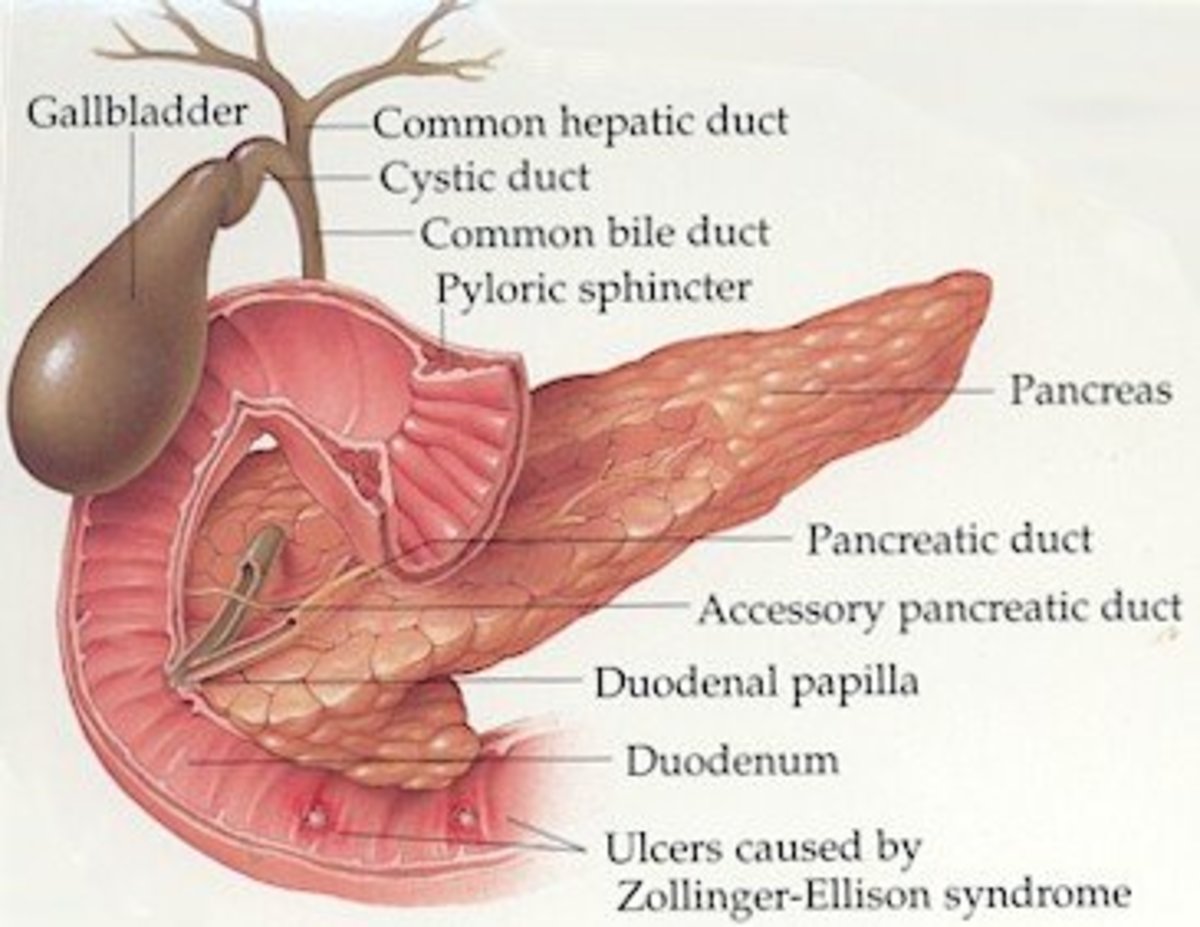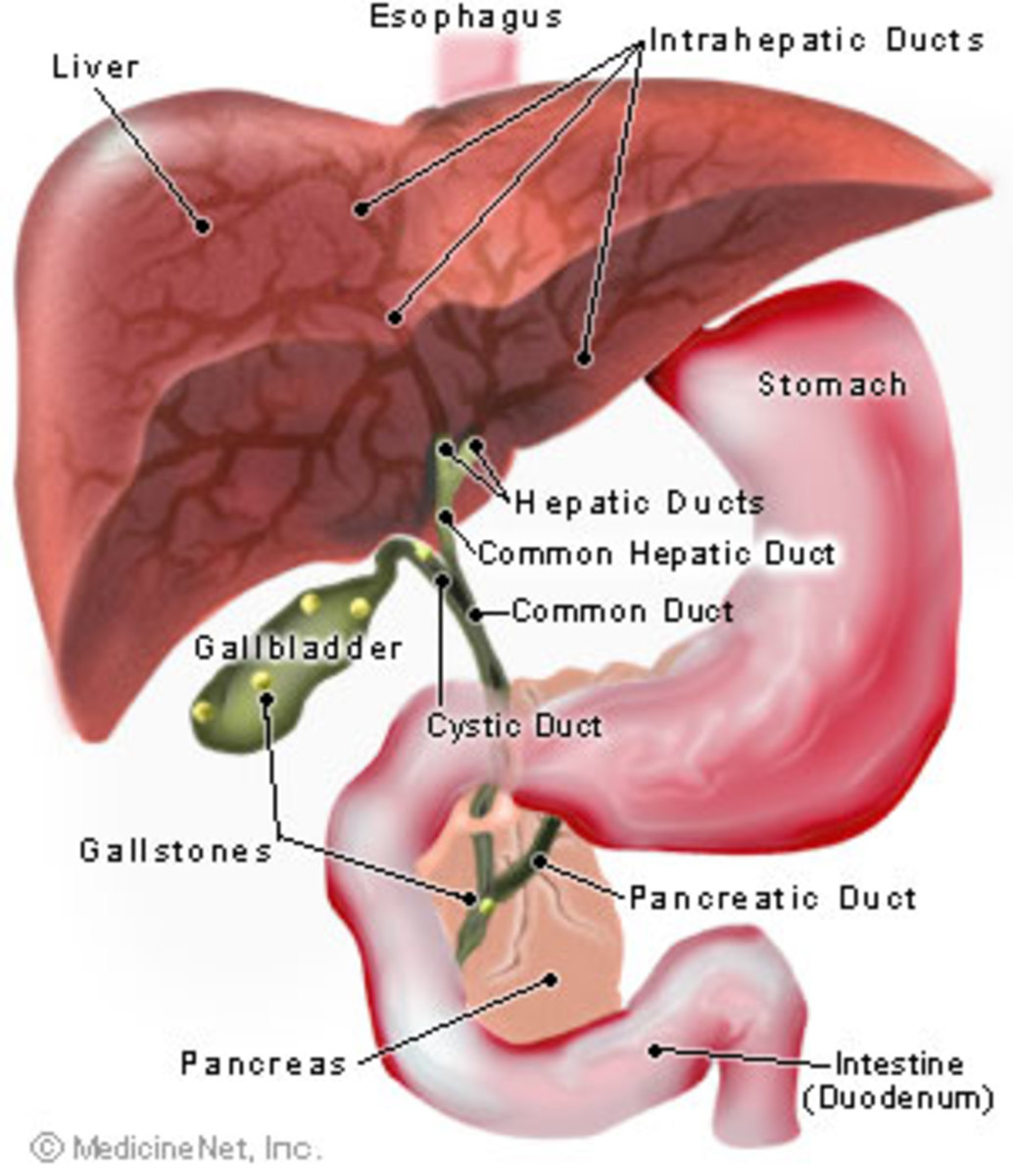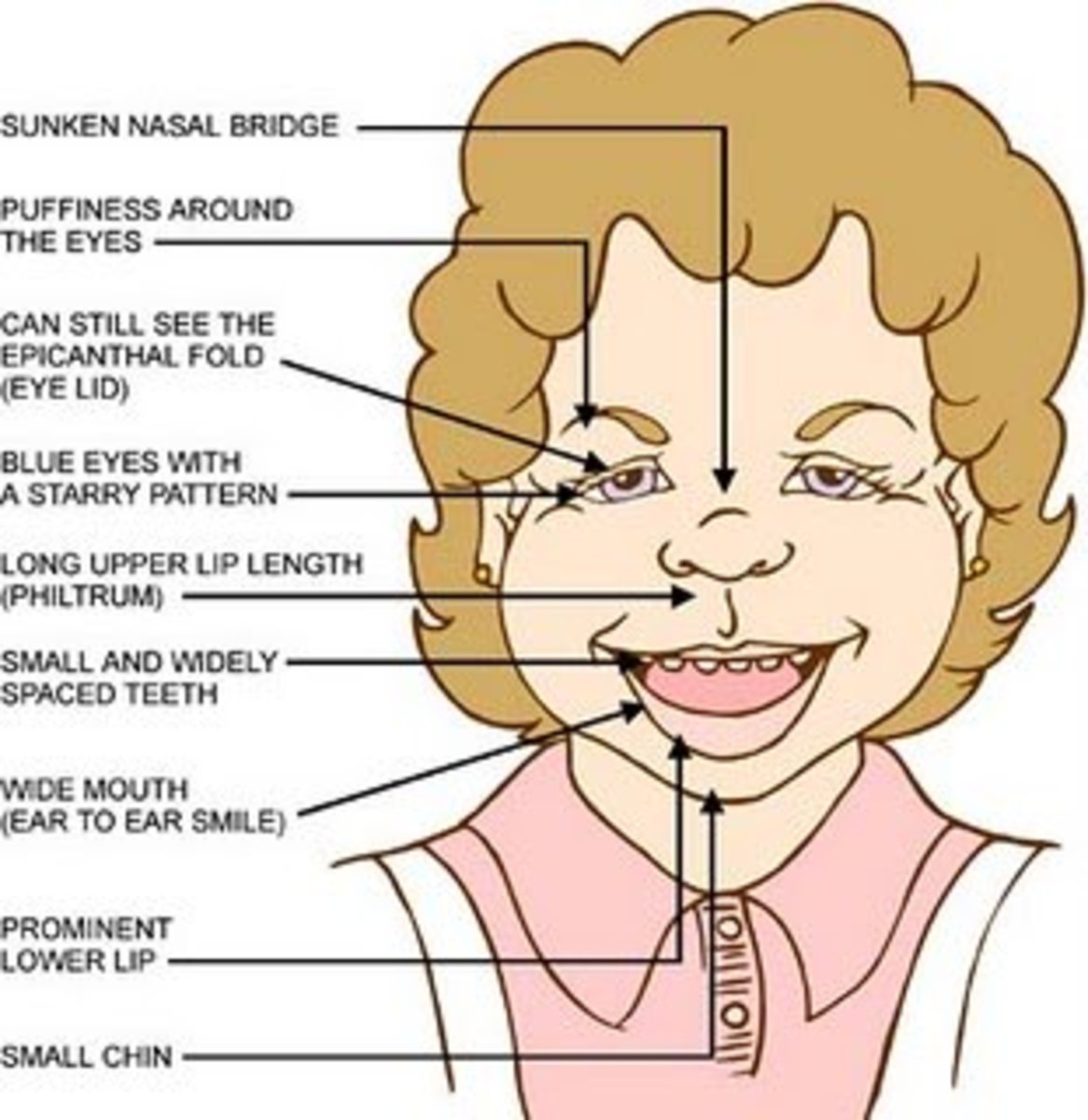Disease Management
The Nigerian Standard
The writer got interested in this topic following his first lecture on preventive medicine, which is one of the methods employed in disease management. Other methods include control, and eradication. It follows that disease management involves three (3) basic things. There are disease prevention, control, and eradication. Veterinary and human doctors among other health workers are involved in the area of disease management. This is largely because of the zoonotic nature of some diseases. Therefore, disease management is a global concern as it relates to health for we know health is wealth.
Prevention as an aspect of disease management should be the first line of defense against any disease. That is why it is said, “Prevention is better than cure.” Prevention involves all efforts made to avoid an animal or human from being infected, sick, or to stop a pathogen from gaining entry into a particular place, which can be a locality, state, or country.
These measures used in disease prevention include improved environmental hygiene, quarantine, good/adequate nutrition, immunization among others. Disease prevention, like mentioned above, can be targeted to prevent a pathogen from entering a farm or a specific location in which it is local prevention or it can be targeted to prevent a pathogen from entering into a state or a country in which case it is interstate or national prevention respectively.
From the above measures mentioned which are employed in disease prevention, it can be said that the Nigerian standard of disease prevention is poor. The high level of poverty, despite the wealth of the nation, will make it impossible for many Nigerian to meet the nutritional standard necessary in the prevention of some diseases. The low environmental hygiene in Nigeria will also make disease prevention difficult. The problem in the area of hygiene is caused by the Nigerian Government, and some Citizens who fail to help matters in term of environmental sanitation/hygiene. The potholes in most Nigerian roads serve as water collection bodies, which are favorable to some disease causing agents.
Control as an aspect of disease management is employed when the preventive measures fail. This is aimed at limiting the spread of the disease/pathogen so that healthy animals or individuals do not get infected. Treatment is an important aspect of control. The control of a disease is easier when much is known about the disease and ways to limit its frequency of spread is known. Disease eradication is primarily aimed at eliminating the disease completely from a population.
Disease management is poor in Nigeria because of various reasons, which include:
(1) Most farmers are not willing to work with Veterinarian or other agencies to report cases of disease outbreak in their farm. This is usually due to poor Government compensation so a farmer will not want to loss in his/her business. The poor compensation by Government may be due to dishonesty by some farmers in reporting the number of affected/destroyed stocks. This shows that corruption and dishonesty are limiting factors in this regards.
(2) Most farmers usually sell sick animals for slaughter without knowing the actual cause of the sickness and its consequences to the final consumer. Most veterinary doctor express disbelieve when butches at abattoir insist on killing infected animals. This can be traced to the first reason mentioned above.
(3) Many human doctors, in Nigeria, fail to know the actual cause of death even when a patient dies in a hospital. It is even worst when someone dies outside the hospital in that little or no effort is made to determine the cause of death. Postmortem examination is rarely done to determine the actual cause of death especially if the deceased is poor and most families do not even bother. It is obvious that such practices will make it difficult to discover new diseases.
(4) Most Nigerians have little or no respect for animal life and it is known that some diseases are zoonotic and can spread from animal to man. Consequently, it will be difficult for any new disease to be discovered or even check/control old diseases as little or nothing is done to know the cause of death especially when animals are involved. It is because of this reason that an outbreak once occur in the Northern part of the country because when wild birds were dying nothing was done to know the cause until it affected the human population in the locality.
It is surprising that despite these lapses Nigerians are not seriously troubled in terms of epidemic. This may be because of the way they prepare their food before consumption. That is why some people claim, “God is a Nigerian” but for how long, if Nigeria fail to help herself? It is clear that many Nigerians in the various health sectors are working hard to improve the health of the nation and his article is aimed at pointing at the problems, which will help Nigerians to know the ways forward. This is because Nigerians can only know the way forward if they know the cause of her problems and her limitations. It is also a call for the Nigerian Government to wake up to the occasion because health management/disease management is a global issue especially now that the world is fast becoming a global village and a disease/outbreak in any country will indirectly affect other nations.








